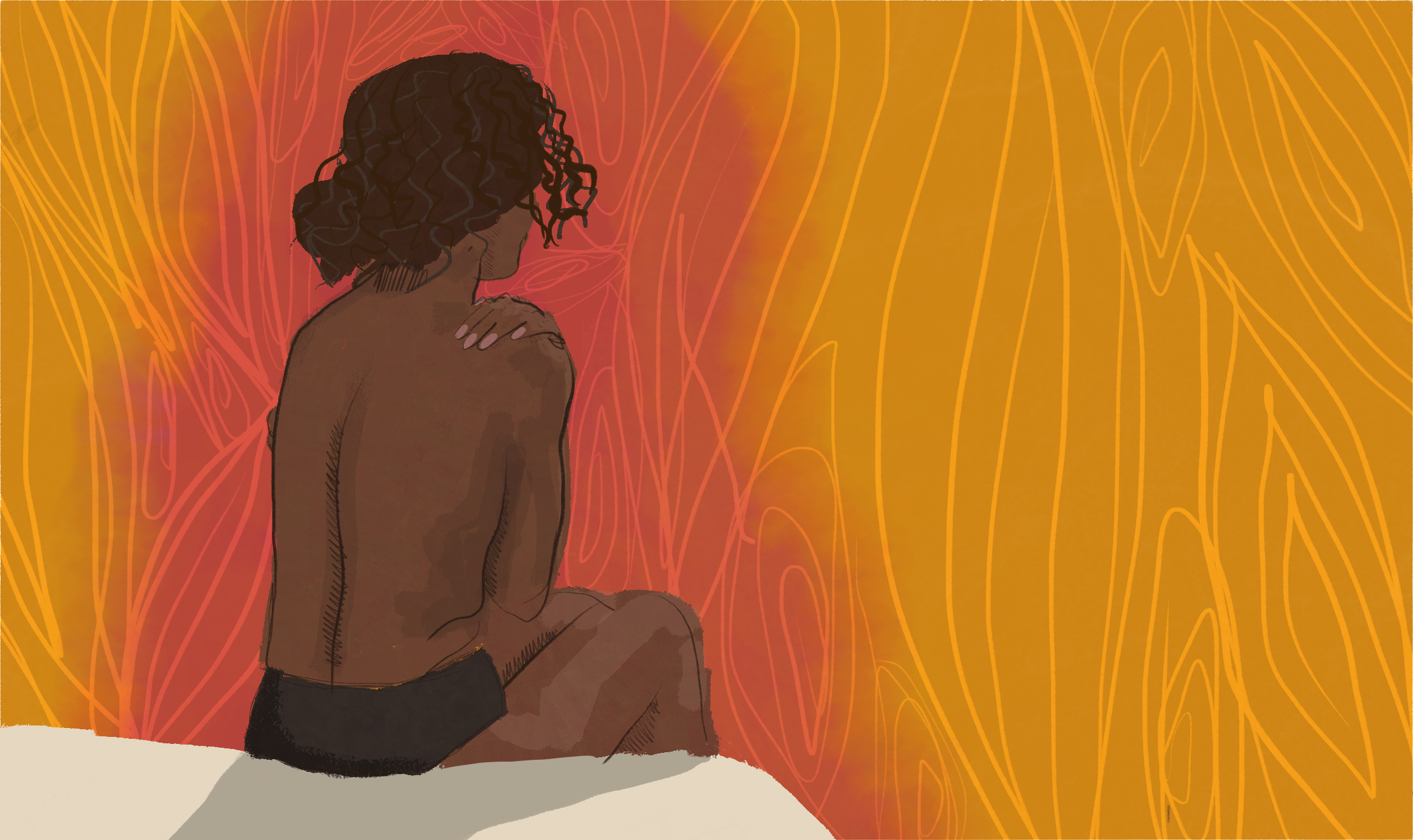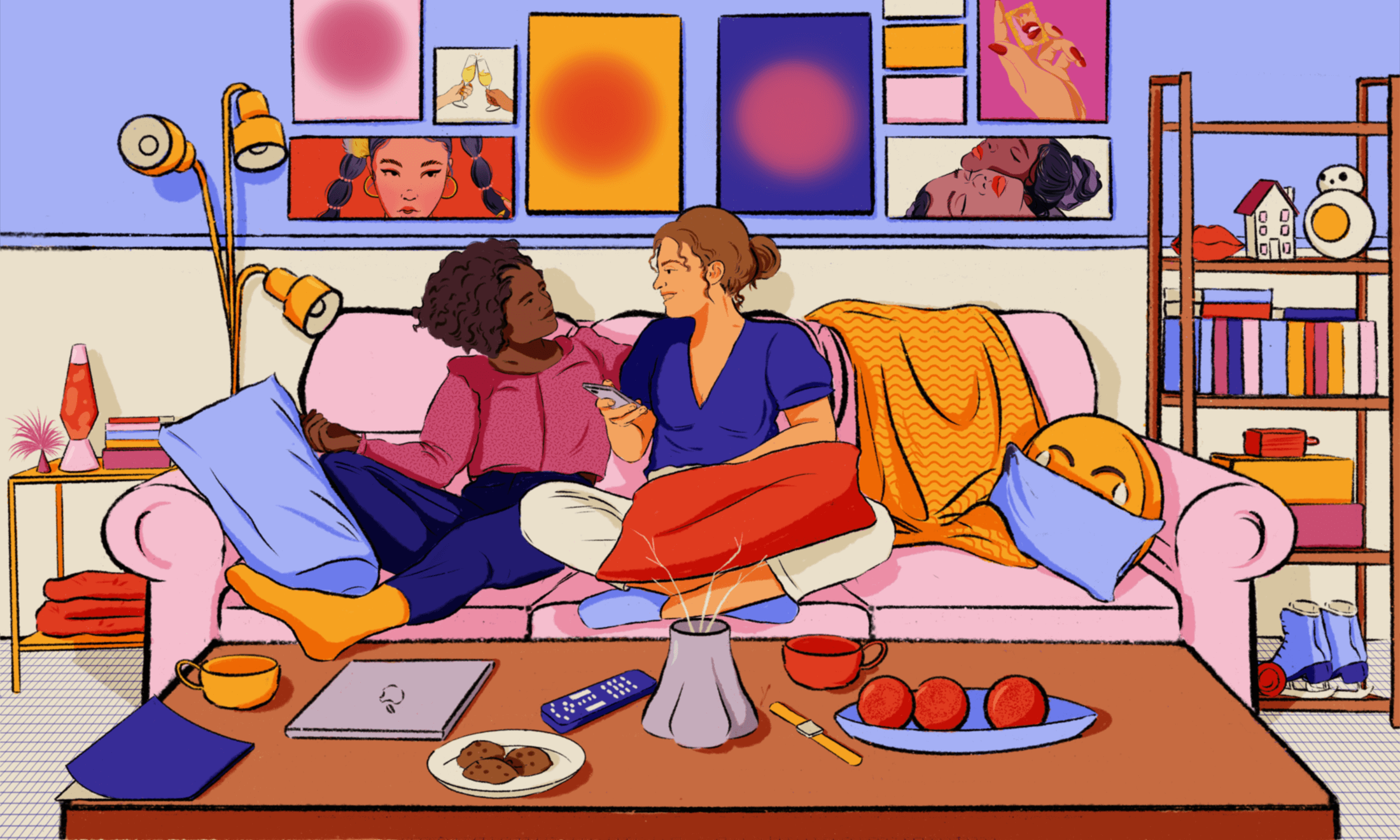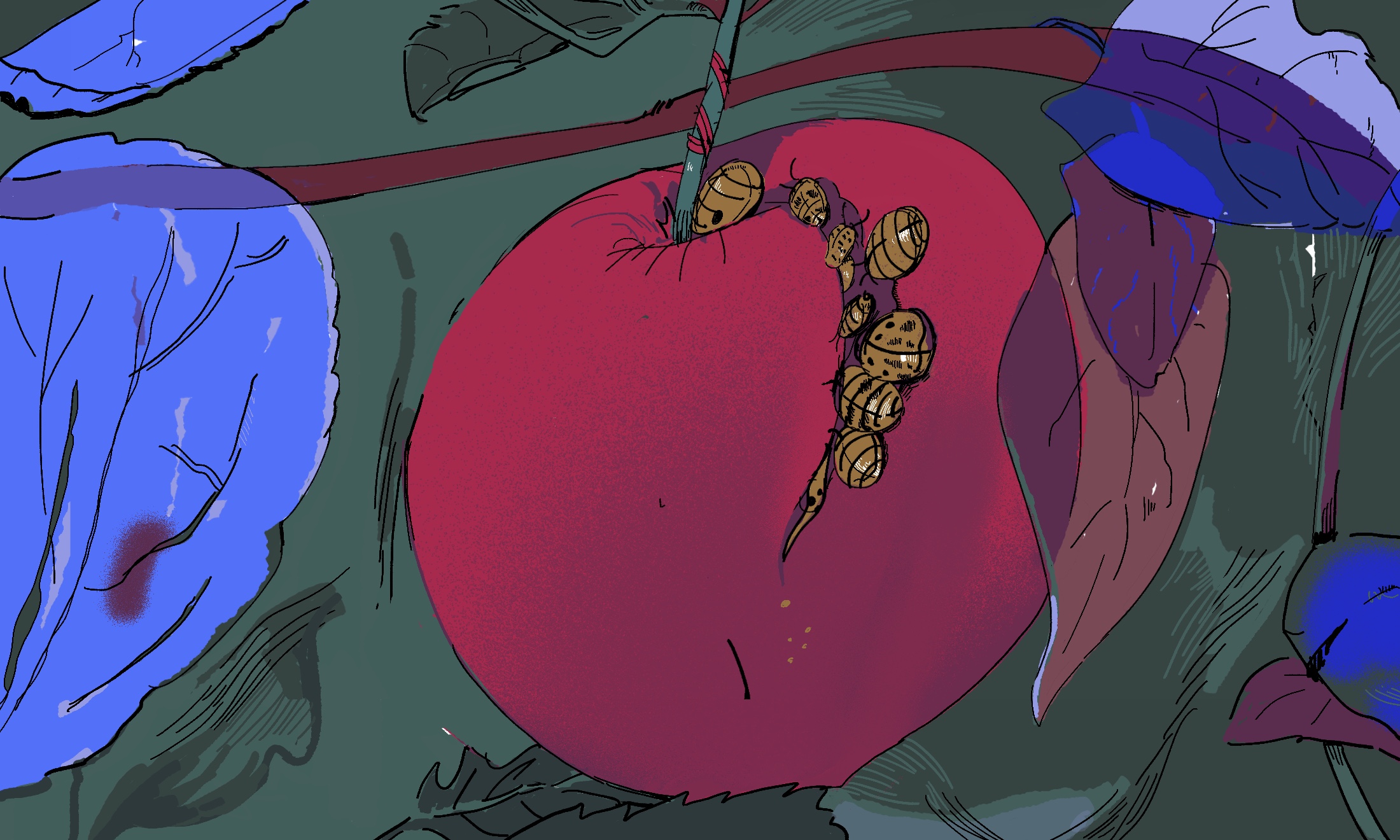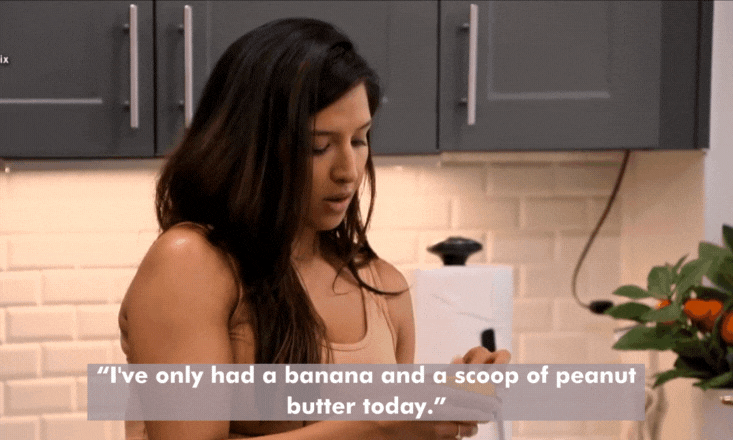Navigating vaginismus when sex before marriage is taboo in your culture
A British Pakistani woman opens up about her journey.
Sarah N and Editors
17 Aug 2021

Diyora Shadijanova
Content warning: sexual trauma
After our second attempt at penetrative sex hadn’t gone to plan, I was beginning to feel frustrated. It had taken months for me to be comfortable enough to attempt it again and I was excited to finally be doing it with my boyfriend, who had been patient and supportive from the very beginning.
We agreed that I was putting too much pressure on myself and so I decided to try on my own instead. I ordered a bright purple dildo and waited patiently for the post to arrive. But yet again, I found myself in the same situation even though I’d implemented the advice my friend had offered: lots of lube and taking it super slow. After further attempts, both alone and with my boyfriend, it just wasn’t working.
Googling this dilemma and a conversation with a sexual health clinic helped me come to terms with the fact that my current inability to have sex could in fact be a medical condition: vaginismus – where the vaginal muscles tighten involuntarily, making penetration either painful or impossible. It‘s usually caused by psychological reasons.
“I’m slowly learning that vaginismus encompasses a wide spectrum of experiences”
Looking back, I have a feeling that my experience of having sex for the first time has got me here. This was a couple of years ago when I was 22 – a badly handled, coercive situation that I’d shoved to the back of my mind. I didn’t realise how this one shitty incident could affect my mind and body to the point where it won’t engage in penetrative sex. But it makes sense, considering that afterwards I vowed not to have sex again until I felt emotionally safe and secure with someone, prioritising my own well-being. It’s bad enough to have traumatic memories of that incident, but now I can’t enjoy PIV (penis in vagina) sex in the present day.
I’m slowly learning that vaginismus encompasses a wide spectrum of experiences, where the severity and symptoms can manifest differently for different people. For me, penetration is possible with fingers and I’ve managed to work my way successfully through a dilator set, but I’m still struggling with anything larger. It can be partially achieved, but it feels as if there is a physical blockage that won’t allow anything past that point – even though there isn’t.
One of the ways to deal with the condition is by seeking therapy and opening up to those around you. However, my Pakistani Muslim background adds another layer of difficulty. Although my upbringing hasn’t been super strict, I’ve certainly faced clashes with my mum’s traditional values while attempting to carve out my British Asian identity and my own personal interpretation of Islam. There’s a lot I can’t be truly open about, and sex and relationships fall under this category. So vaginismus feels like an impossible situation to address – if you’re not supposed to be in a relationship before marriage in the first place, how can you even talk about struggling with having sex?
“If you’re not supposed to be in a relationship before marriage in the first place, how can you even talk about struggling with having sex? “
In South Asian cultures, there can be a huge taboo surrounding sex before marriage. Similarly, although Islam is a sex-positive religion within the confines of marriage, the Qur’an advises unmarried Muslims not to have sex before marriage. When you put both together and add a splash of patriarchy to it, it’s easy to see who gets the worse end of the stick – women, of course.
Though I had imagined myself leading a more traditional Islamic lifestyle until my late-teens – one that didn’t include sex before marriage – my ideas since then have shifted. On a subconscious level, this has likely added another layer of difficulty for me when dealing with my vaginismus. Although I consider myself a sex-positive person, it’s a tricky process to unlearn and unpack the shame I’ve unintentionally carried since childhood.
It’s a familiar scenario for a lot of British Pakistani girls. We often have to suppress, conform and compartmentalise parts of our identity in the home and if we can’t do this, we’ll face backlash for it. But I wonder whether a more open and sex-positive dialogue with our mothers would change our perceptions of sex and relationships, removing the associated shame and stigma. Instead, I’ve had to muddle along and figure everything out myself with no room for honesty or self-expression. This has made me feel isolated in my experiences and sad that I can’t be more open about these important parts of my life.
When it comes to working on overcoming my vaginismus, it has taken me a while to approach doctors. On one hand, it’s because I have been hoping to overcome it myself but on the other, I’m afraid I won’t be taken seriously and it will simply be written off as a product of my background, rather than first of all addressing the sexual trauma that has actually caused it. As always, there are layers of nuance to a situation like this, which I feel like those around me would struggle to understand.
“Not being able to engage in penetrative sex for the time being has redefined my approach to sex in a surprisingly positive way”
The good news is that I’ve finally taken the plunge to book a medical appointment. After lots of questioning over the phone, the doctor concluded that it certainly does sound like vaginismus. The next step will involve her having to double check everything is physically fine before referring me to get psychological help to address what has caused my subconscious fear of sex.
Despite all this, not being able to engage in penetrative sex for the time being has redefined my approach to sex in a surprisingly positive way. It now doesn’t seem like the end goal, the ultimate form of pleasure, which is what society teaches us growing up. What would otherwise count as foreplay under ‘normal’ circumstances has provided a new opportunity each time for my boyfriend and I to become more intimate with each other and explore our sexual interests, just as one would through penetrative sex.
Luckily vaginismus is a treatable condition with a high success rate, so I am hopeful of recovery. While I’m choosing to keep my journey with vaginismus separate from my home life, I want to keep talking about it so that my experience can reach those who need to hear it.









